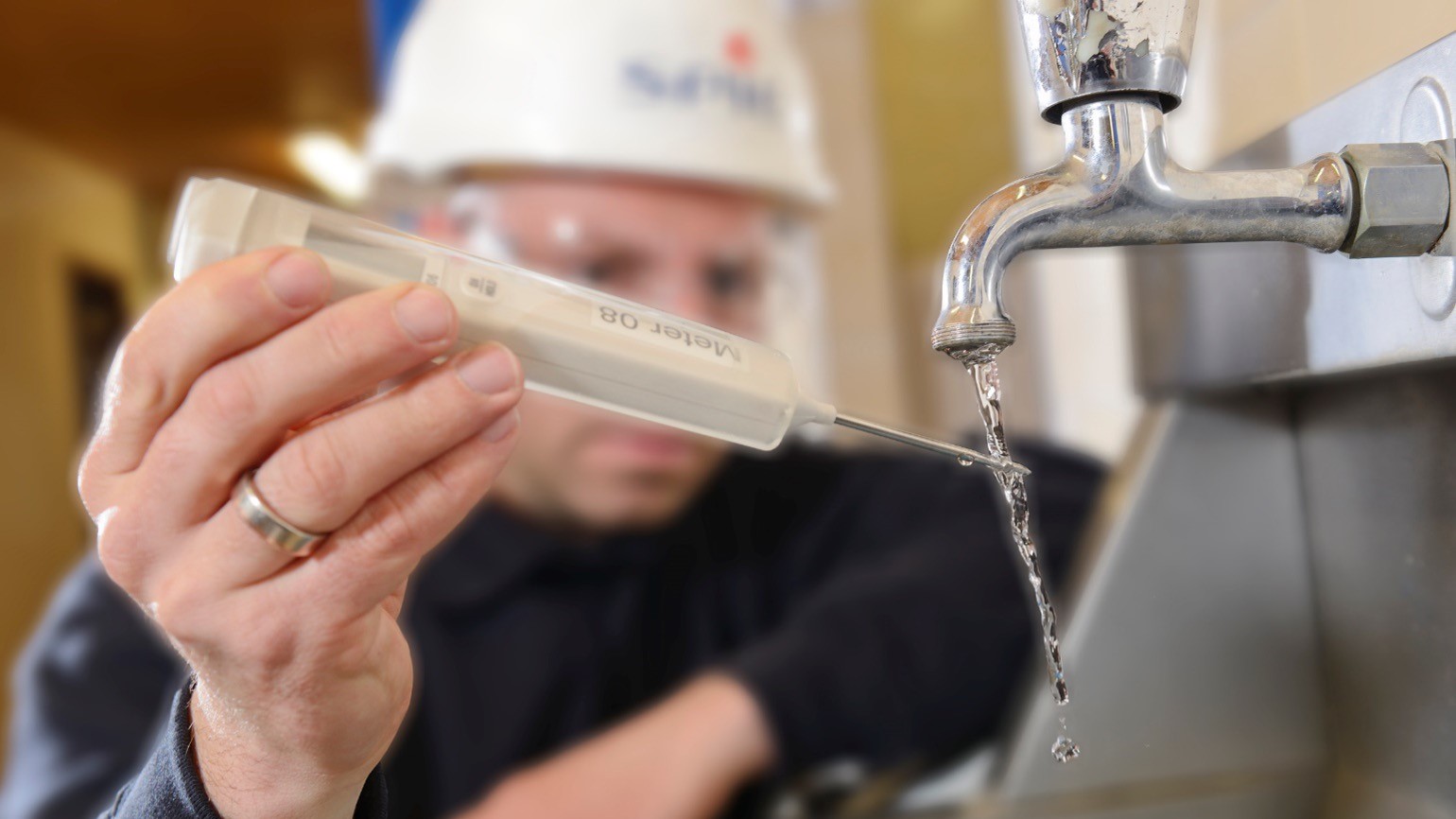SPIE UK has announced that it has secured ISO/IEC 17020 accreditation from The United Kingdom Accreditation Service (UKAS) for the management of Legionella risks.
As a leading provider of facilities services across the UK, SPIE UK is now the only facilities management services provider that has been awarded the UKAS Legionella accreditation.
UKAS is the national accreditation body for the United Kingdom, appointed by government, to assess organisations that provide certification, testing, inspection and calibration services. SPIE UK’s successful accreditation under ISO/IEC 17020 in the UK is the culmination of a process that has lasted over two years, requiring SPIE UK to completely revamp its approach to inspection activities and processes where Legionella is concerned.
Legionnaires’ disease is a potentially fatal form of pneumonia caused by the inhalation of small droplets of contaminated water containing Legionella. All man-made hot and cold water systems are likely to provide an environment where Legionella can grow, thus it is crucial to minimise the chances of this happening.
To meet the international standard for organisations carrying out inspection activities, SPIE UK was required to overhaul its internal processes and policies to meet UKAS’s threshold for successful accreditation. This included digitising all written procedures and policies as well as revamping audit processes to meet accreditation standards, whilst maintaining the ability to manage thousands of affected sites on a monthly basis.
Having previously achieved accreditation from the Legionella Control Association (LCA), SPIE UK’s new Legionella accreditation will now enable it to effectively meet the higher ISO/IEC 17020 standard when carrying out Legionella risk assessments. This means that organisations which take out SPIE UK’s services can now have added reassurance that all Legionella associated inspections that SPIE UK carries out on their behalf will be undertaken in a manner that is both rigorously assessed, technically competent and with adequate safeguards in place.
Today, both public and private sector organisations are increasingly requiring ISO/IEC 17020 accreditation for suppliers carrying out Legionella risk assessments on their behalf. This new accreditation will enable SPIE UK to compete more effectively for tenders throughout the UK whilst continuing to drive quality and effective practices throughout its facilities management services offering.
Steve Austin, Operation Manager – Environmental Facilities, SPIE UK said:
“SPIE UK’s successful achievement of ISO/IEC 17020 accreditation from UKAS provides a reputable benchmark for the work the organisation has carried out to improve internal processes and procedures when it comes to assessing Legionella risks. As the only UK Facilities Management Services provider to secure this accreditation to date, clients can be confident that any Legionella assessments SPIE UK undertakes will be carried out to the highest possible standard.”



